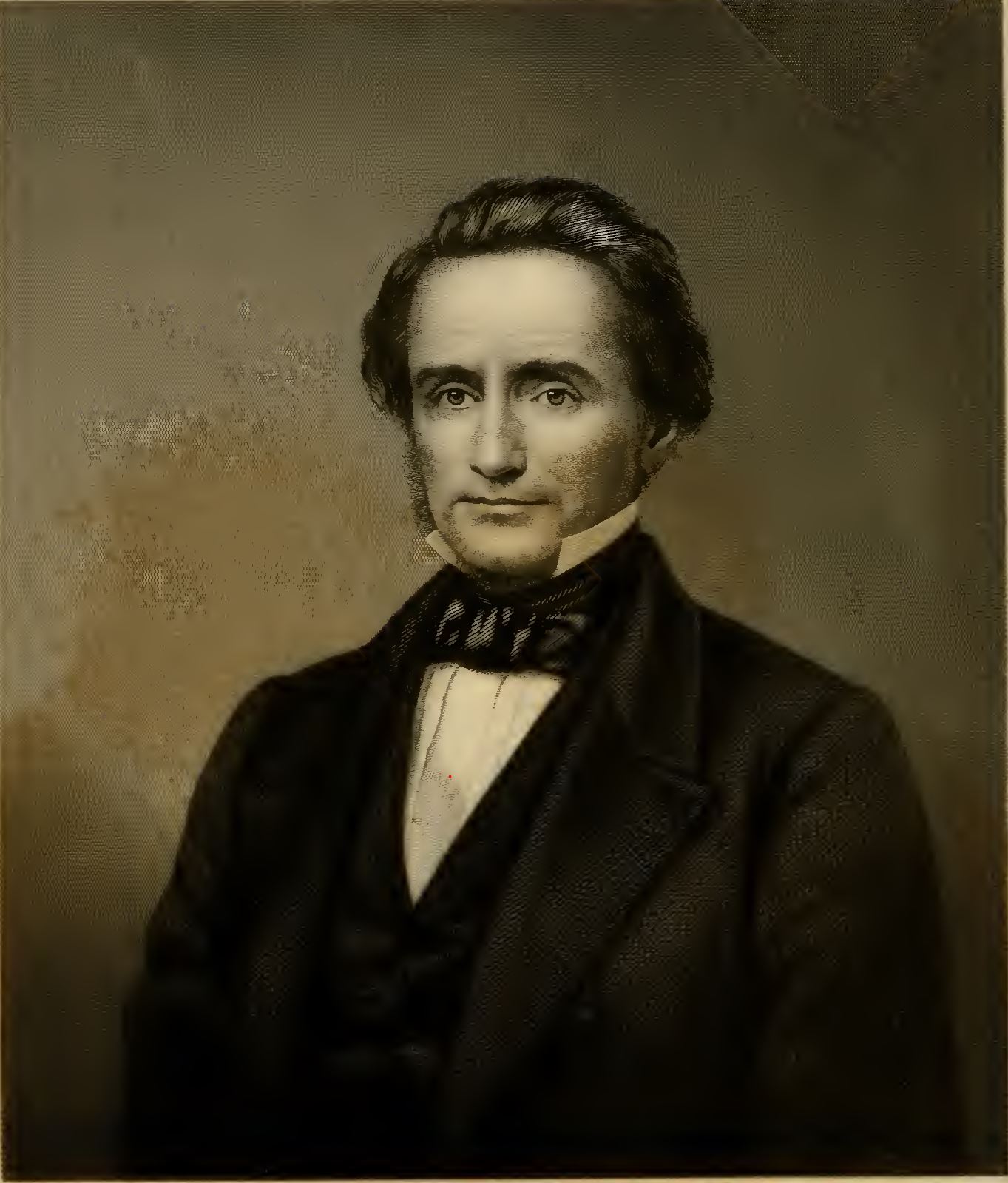Additional information can be found on Green’s Wikipedia page, and in Leroy Jones Halsey, Memoir of the Life and Character of Rev. Lewis Warner Green, with a Selection from His Sermons (New York, Charles Scribner & Co., 1871).
-

Green User Guide
Robert H. Ellison
The User Guide for the Library of Appalachian Preaching is a Google Sheet that can be searched, sorted, and downloaded for offline use.
This part of the Guide provides information about Green's sermons and other discourses. It includes the title, scripture text, date and place the address was delivered (if known), and so on. This information is available in the master list of sermons as well.
-

Memoir of the Life and Character of Rev. Lewis Warner Green, with a Selection from His Sermons
Leroy Jones Halsey
This memoir of Green was compiled by Leroy Jones Halsey, a professor at the Theological Seminary of the Northwest, a Presbyterian school in Chicago (now McCormick Theological Seminary). In addition to the biographical material, the book contains 29 sermons—Green called them “unfinished sketches”--all of which are “now published for the first time” (p. iv).
-

Inaugural Address, Delivered Before the Board of Trustees of Hampden-Sidney College, January 10th, 1849
Lewis Warner Green
As the title indicates, this is the address Green delivered at his inauguration as president of Hampden-Sidney. It was given outside Appalachia; it is included in the Library to help paint a complete picture of Green’s oratory.
-

Right of Private Judgment: Or, Freedom of Individual Opinion and Belief
Lewis Warner Green
“The Right of Private Judgment,” a sermon on 1 Corinthians 10:15, is the first of two sermons published in Popery and Puseyism: Being Two Discourses Prepared Agreeable to a Resolution of the Synod of Pittsburgh of 1843 and Preached Before that Body at Pittsburgh, September 1844 (Pittsburgh, PA: Published by order of Synod, Luke Loomis, agent, 1844). The other is “Puseyism: Another Form of Antichrist,” by Alexander T. McGill, “Professor of Ecclesiastical History and Church Government in the Western Theological Seminary.”

